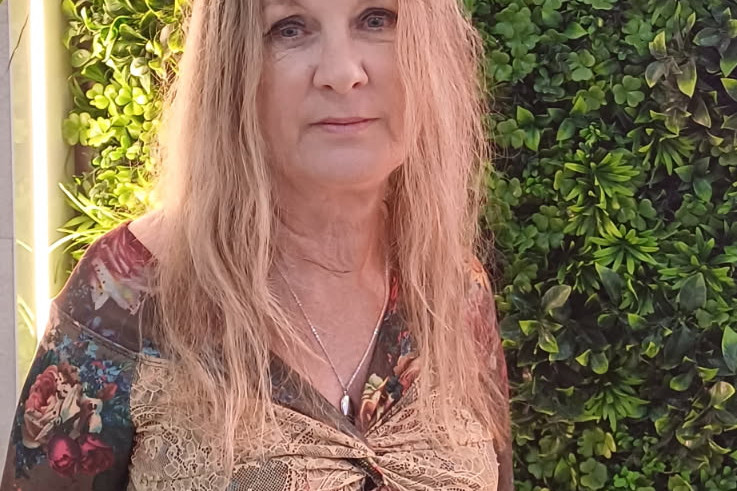General news
21 February, 2025
Still no reponse from NSW DECCEW
NSW DECCEW still silent on pink land

LANDHOLDERS in West Wyalong are still waiting for a response to over 40 letters sent to Minister Penny Sharpe and Minister Tara Moriarty, urgently requesting action to address issues with the Native Vegetation Regulation Map.
The regulations have stopped landholders from earning an income from their properties and with it families futures.
West Wyalong, a known hot spot of mapping errors, has been designated with the new land category - the “pink” Category 2 Sensitive Regulated, deemed as a Critically Endangered Ecological Community of the native Mallee and Mallee Broombush. The NSW Scientific Committee listed as critically endangered in 2010, a status that states the vegetation is at the risk of extinction in the immediate future.
However, landholder Mathew Cumming argues that the listing is excessive.
“That listing was made 15 years ago. Yet, the vegetation is still thriving, contrary to predictions of extinction. There has been no management plan, and no five-year review, as required. Not one landholder was told about the listing. Despite that, the vegetation is thriving, and that is thanks to the existing good management practices of landholders," he said.
“The department responsible for the Native Vegetation Map is Minister Sharpe’s. We've been asking for her attention, but she will not communicate with us."
The West Wyalong landholders are calling for the immediate reclassification of the vegetation, arguing that it is not crticially endangered and that the current listing has decimated the local community.
“The vegetation is thriving and needs to be re-listed. This would restore our land use rights, allowing us to earn an income again. We are all practising sustainable land management, and the government should be rewarding us for our efforts, not punishing us," said Cumming.
Landholder Susan Hardy expressed her frustration, saying -
“We've created biodiversity reserves on our property and nurtured the flora and fauna for decades. Instead of being rewarded for our efforts, the NSW Government has made our land a no-go zone. It's effectively been rendered valueless."
Cumming, who harvests natural stands of Blue Mallee and Broombush on his property, stated, "I purchased this land over 20 years ago with the explicit purpose of harvesting Blue Mallee for eucalyptus oil and Broombush for premium fence posts. The NSW Government can't just take away my land use, my livelihood, and my future without any regard for how my family will survive. It feels as though they're taking freehold land without compensation, and using it as a nature reserve instead."
Third-generation broombush cutter Bailey Lynch produces broombush panels for urban fences and added, "Broombush harvesting is an environmentally sustainable industry. The plant grows naturally on properties in West Wyalong, and we harvest it sustainably. It's a natural product, unlike mass-produced fence panels from say China that are then shipped over. What we do is climate-friendly, and it helps Australia reach its net-zero goals."
“We don't understand how these long-established, sustainable agricultural practices can suddenly be deemed illegal by new regulations, with no prior warning or communication. I’ve just purchased new machinery at great expense, and now I’m told I can’t use it. There’s been no consultation, no notice. It’s wrong,” Lynch said.
Mathew Cumming stressed the importance of balancing environmental concerns with livelihoods - "The environment is absolutely important, and it's something we focus on every day. But so are our livelihoods. The NSW Government seems to believe that one comes at the expense of the other, but that’s not the case. These public servants need to come out and see how we manage the land and how the plants are thriving. Every landholder in this group is focused on leaving the land in better condition than they found it."
Landholders in West Wyalong feel the NSW Government’s regulations have been implemented without considering the economic and social impact on those most affected, the landholders themselves.
“This is a regulation rolled out without any prior consultation or communication, and no pathway for protest. The result has devastated this rural community,’ said Mathew Cumming.
The silence has been deafening.
Read More: West Wyalong

